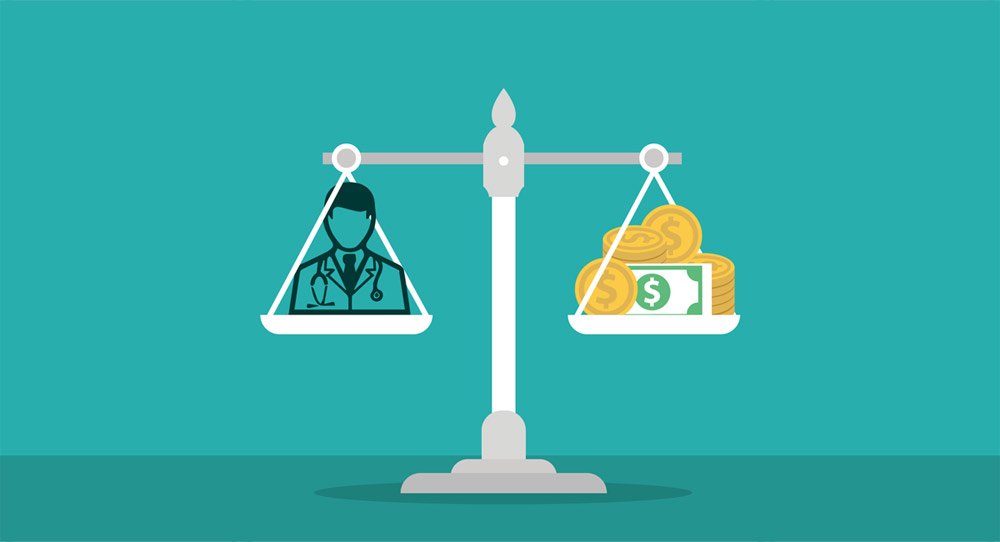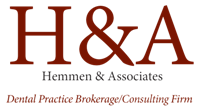
What is my Dental Practice Worth?
What is my practice worth? Well, it depends who you ask. Value is largely a concept of perception. According to IRS, fair market value is defined as “the price at which a [practice] would change hands between a willing buyer and a willing seller when the former is not under any compulsion to buy a dental practice and the latter is not under any compulsion to sell a dental practice, with both parties having reasonable knowledge of the relevant facts.” Although the definition may be stuffy, the concept is sage: the fair market value will be determined by the marketplace and is subject to the economic forces of supply, demand and transferability.
There are a number of popular “rules of thumb” used to estimate a rough value for selling a dental practice. For example, many practices will sell for a value equal to between 55 to 68 percent of the most recent year’s gross collections. Similarly, the value of a dental practice will often fall into the range of 1 to 1.75 times net income, i.e. the doctor’s take home pay before taxes, plus any expenses of the practice that would be considered as a direct benefit to the doctor. There are other simple formulas one can use to estimate value; however, it should be remembered that these formulas are just that—simple tools used for estimation only. They do not take into account some of the other critical practice characteristics that affect value.
Some of these critical characteristics include: the overhead of the practice; the number of active patients; new patient flow; the amount and types of insurance accepted; the type of medical services being provided; the basic demographics of the patient base; the age, type and amount of equipment; the staff and their experience; the location of the practice and the quality of the physical facility; the list goes on. Each one of these items has a bearing on the value of the practice and some more than others.
As a general rule, up to 75 percent of the value of an average general dental practice will consist of goodwill. The term “goodwill” is primarily connected with the existing patient load and corresponding cash flow of a practice. It is an intangible consideration that usually comprises the most valuable asset of any professional practice. It relates to the assembly of necessary equipment into a productive unit; the availability and existence of trained employees; the existence of systems, controls and methods which are part of the operations of the practice; and the existence of a loyal patient base.
All things considered, few things influence the selling price of a dental practice more than prevailing buyer perception. After all, in reality, a practice is only worth what a buyer is willing to pay for it. And a buyer’s perception of value will be influenced by all of the factors mentioned above as well as general market and economic conditions. That being said, it is a good idea for a dental practice owner who is serious about selling his or her dental practice, merging and forming a partnership, or hiring a Dental Associate to seek an appraisal by a professional who is both qualified and unbiased. Doing so will lend substantial credibility to the asking price and make the due diligence process much easier – for both parties.
